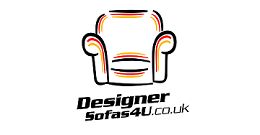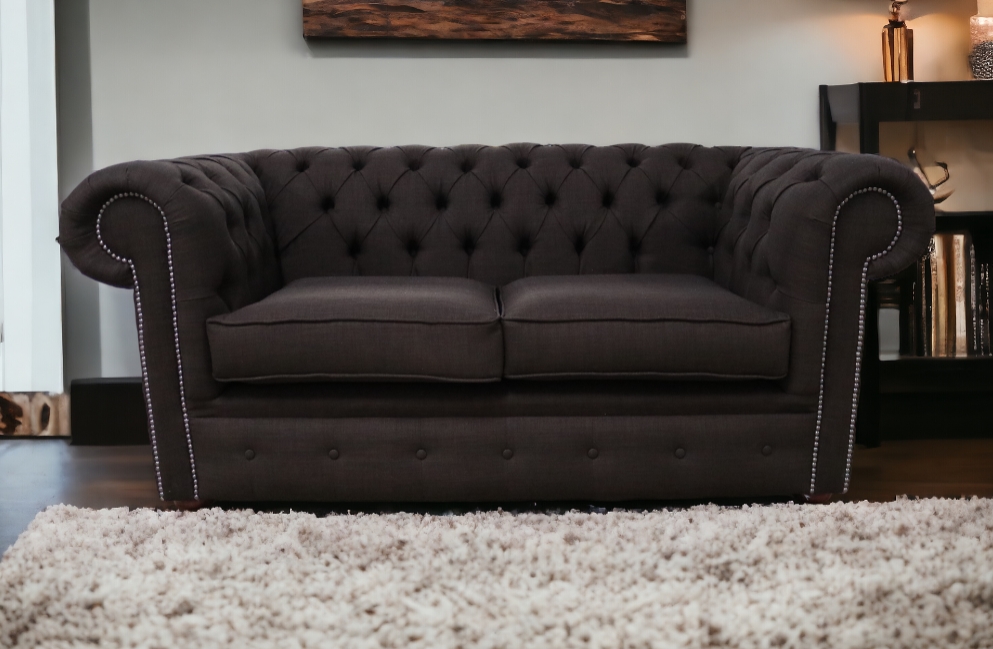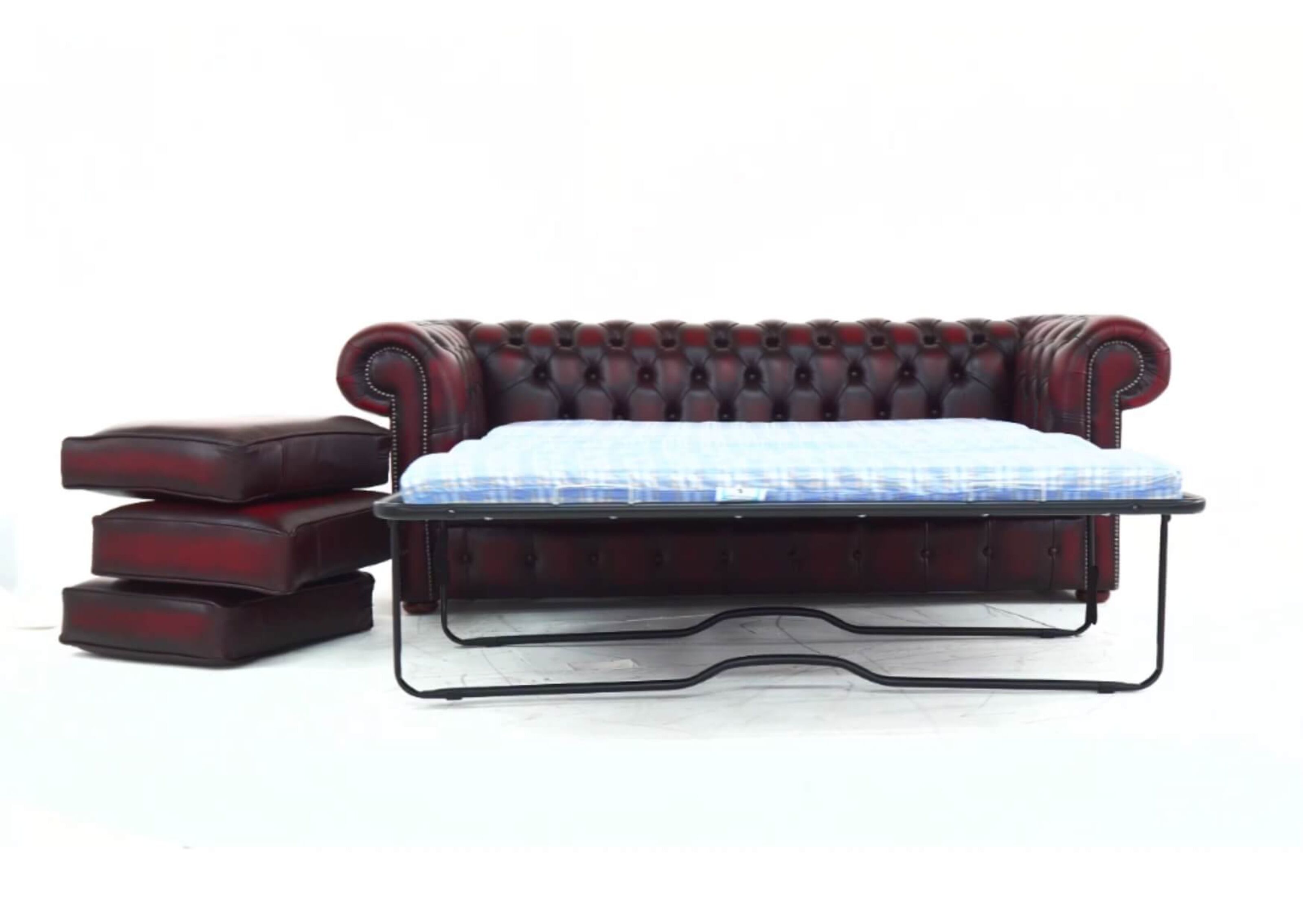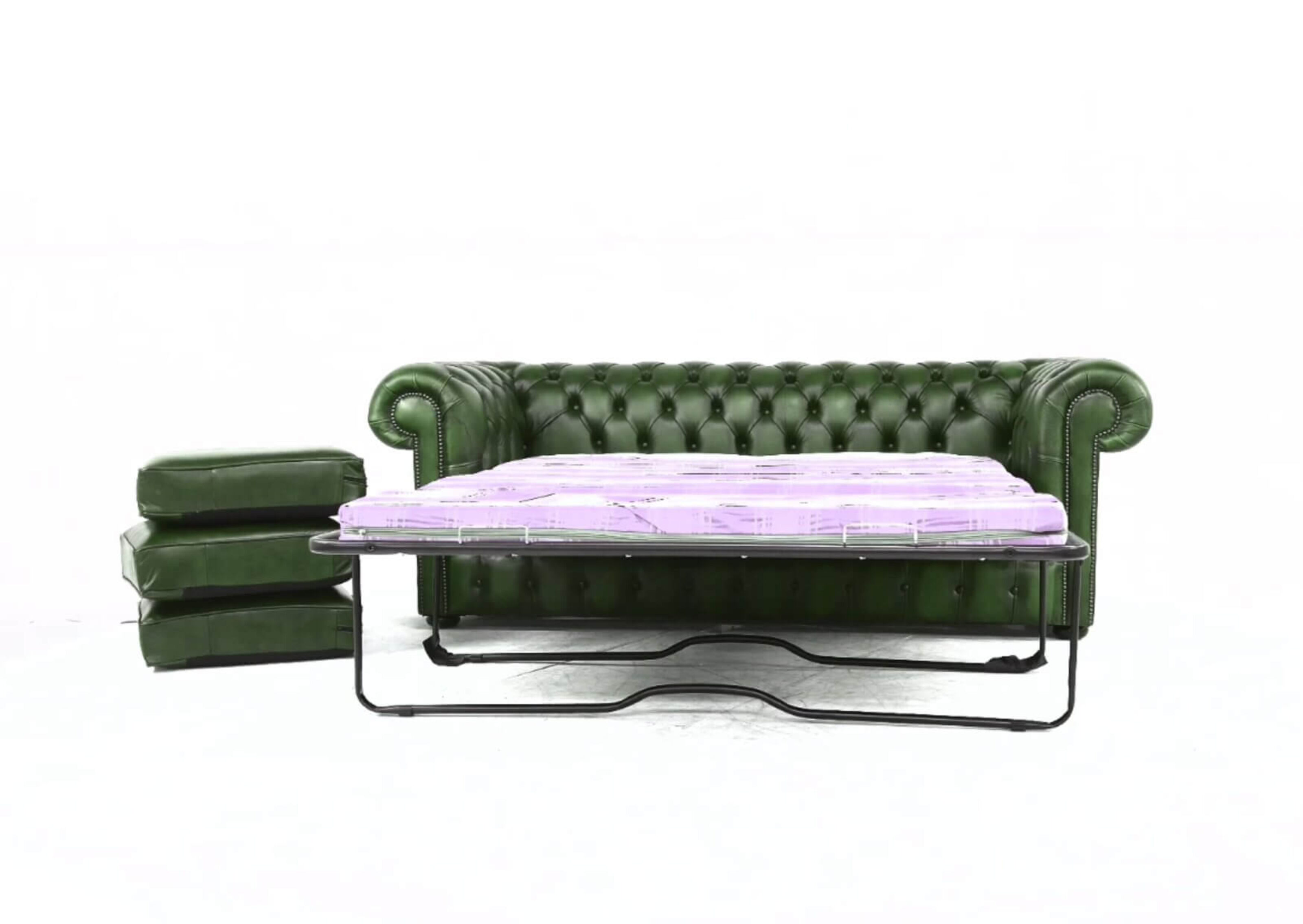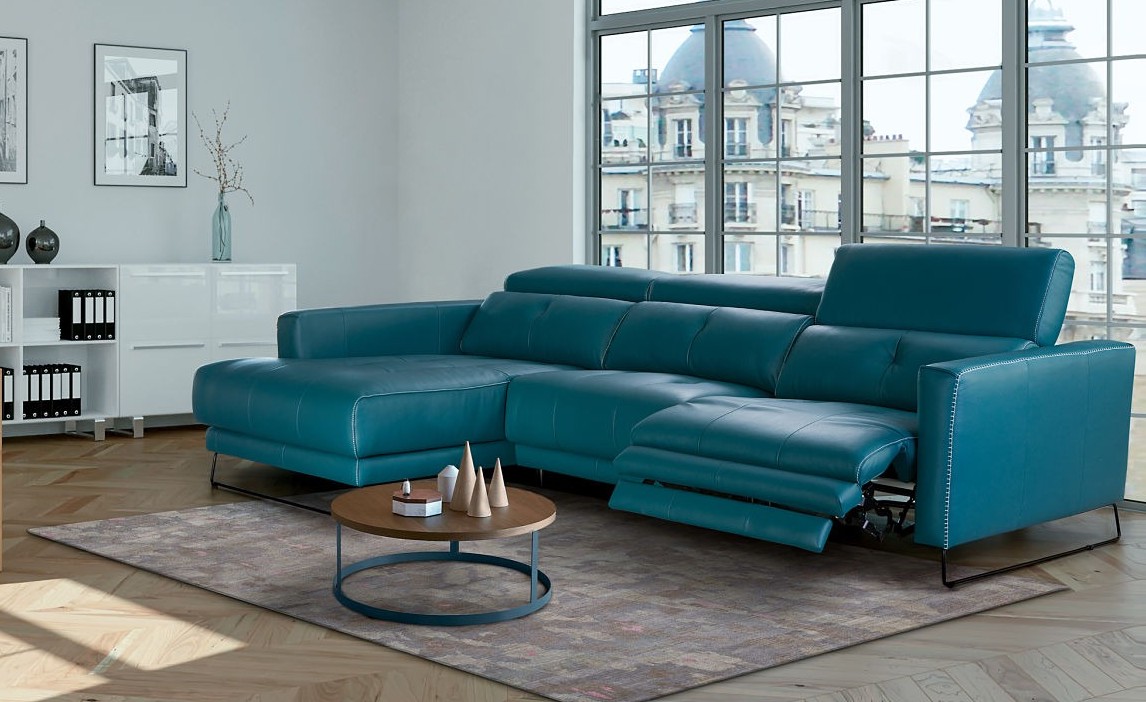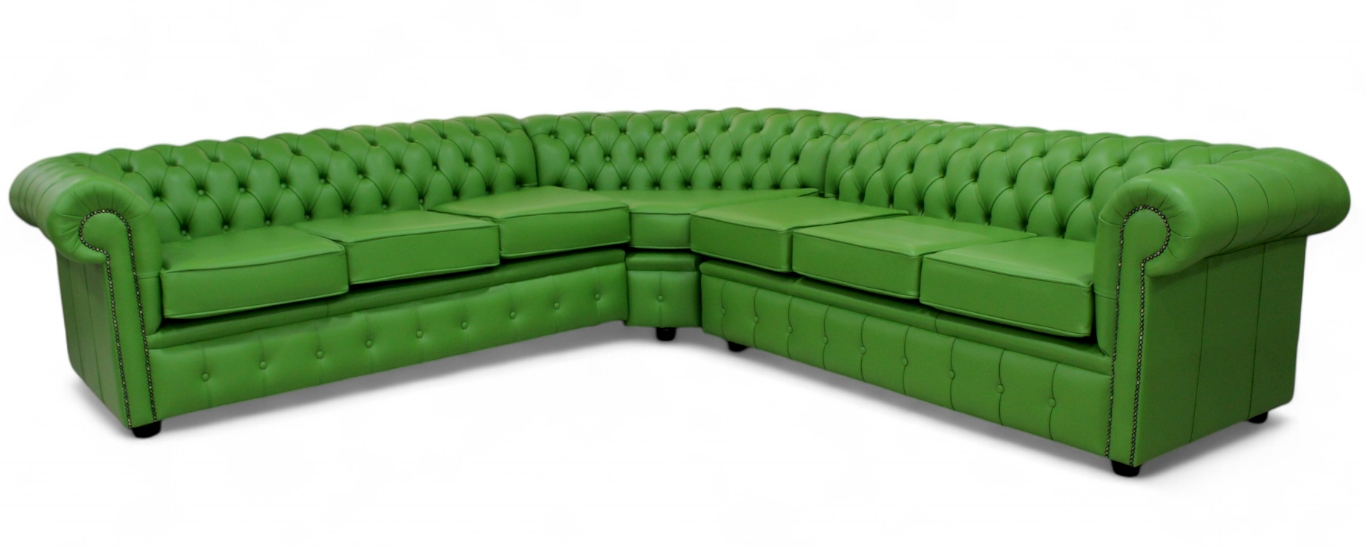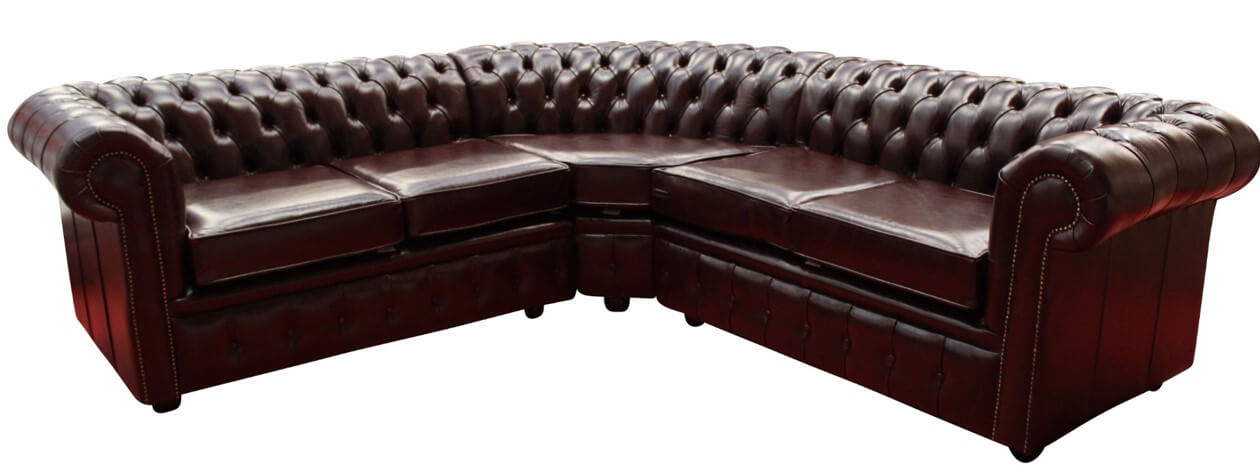When producing cheaper Chesterfields sofa, some companies will cut corners with raw materials and production processes so they can offer a lower price. These cost-cutting measures will manifest themselves over time, the result of which isn’t always obvious from a photograph or a quick inspection.
Although the furniture may appear similar, in person there will be many differences the vast majority of which will be hidden under the leather or fabric. To make things easier, we’ve complied some of the key features of a Chesterfield sofa, with guidance for what to look for in a good-quality piece and what to watch out for in a poor-quality piece.
The frame is the skeleton of your Chesterfield sofa, allowing it to maintain its shape and integrity. It provides support for all of the other parts of the piece, making it vital that it is both durable and strong.
What to look for in a good-quality Chesterfield
A good-quality Chesterfield sofa will have a frame made of seasoned beech hardwood, with chunkier rails to stand up to the rigours of everyday use. Beech hardwood is chosen for its straight grain, which gives it extra solidity for a lifetime of use. Additionally, screw-fixed strengthening corner blocks should be used to maintain the integrity of the frame’s shape.
What to watch out for in a poor-quality Chesterfield
On the other hand, a cheap Chesterfield sofa typically has a frame made of mixed timbers, chip board panels, and rails of minimum thickness. Such a frame will not be as robust, chiefly due to its inferior timber strength and the skimping of wood thickness. Shaping pieces will often be fastened together with staples and glue rather than using dowelled joints, which also compromises the overall solidity.
